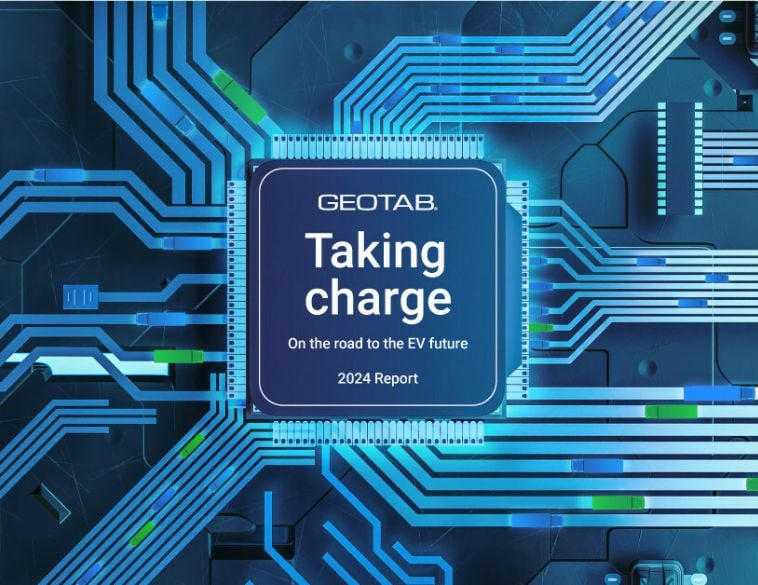Data-driven solutions are key for successful fleet management today
Fleet and maintenance management are becoming increasingly data-driven, with organizations requiring a variety of tools to track and manage these activities. From the time when I was responsible for converting my organization’s fleet system to a web-based platform to the present, there has been incredible innovation. These tools are not just nice to have, in today’s environment of delayed replacement, high inflation and legislated electric conversion and emissions reductions, tools such as a fit-for-purpose Fleet Management Information System (FMIS), telematics, and charging management is essential.
There are still many organizations using a variety of whiteboard and paper-based tactics to manage fleets. While these tools work to manage day-to-day operations, they do not allow fleet organizations to measure performance and make decisions on future operations.
Ideally, organizations will have a FMIS to measure and manage all of the following functions:
• Vehicle and Equipment Management: The ability to track all aspects of the asset from cradle to grave.
• Fuel Management: Integration of fuel usage and consumption data down to the asset level
• Work Order Management: Capture repair data, parts costs, labour time and outsourcing invoices.
• Preventive Maintenance: Automated planning and scheduling of PM work.
• Inventory Management: Provide automated information on parts inventory and availability.
• Vehicle Tracking: Integration of telematics system to get real-time vehicle location and status.
• Reporting and Analytics: Dashboard of commonly used data points and information that flag issues before they become problems.
A FMIS should be augmented with the data gained through a telematics system. Telematics has become essential for organizations to track or monitor essential fleet data. The use of telematics by fleets around the globe is expected to increase by 25% per year according to The Gartner 2021 Market Guide. This increase will come as more fleets adopt telematics for traditional uses such as monitoring vehicle location, mileage; idling and driver behaviour, as well as emerging uses like identifying candidates for and tracking the results of fleet electrification.
Better technology, better returns
The adoption of telematics is increasing because the technology is proven, and the Return on Investment (ROI) is almost assured. In a 2021 market research report on the transportation and services industries, Bobit reported that fleets experienced an average 8% decrease in fuel costs, an 11% reduction in accident costs, and a 10% decrease in labour costs when telematics solutions were used. The top benefits of telematics include:
- Monitoring vehicle locations to prevent theft and ensure productivity
- Tracking vehicle utilization to right-size the fleet
- Reducing fuel costs due to idling, traffic, driver behaviour and poor maintenance
- Enhancing driver safety
- Improving eco-driving habits
- Scheduling preventive and reactive maintenance at optimal times
- Providing better customer service
- Identifying EV conversion candidates
Finally, as organizations electrify their fleets, technology needs to evolve. EV charging management software enables users to manage their electric vehicle (EV) charging program. This software provides the tools necessary to monitor and control EV charging systems, track usage, set pricing plans, and ensure there is no overloading of the grid. The main features include:
• Scheduling: EV charging management software provides the ability to schedule and manage the charging of electric vehicles
• Monitoring: The software can also monitor current EV charging session progress and alert users if there is any deviation from expected values
• Reporting and Analytics: The software can generate reports on various aspects related to EV charging such as energy consumption trends over time, the average duration of charges, as well as cost savings associated with different models of EVs
• Payment Processing: The software can process payments related to EV charging in real-time or near-real time
• Security and Access Control: The software also incorporates access control measures for both physical security as well as data security which includes encryption algorithms for sensitive information being transmitted over networks.
This triad of FMIS, telematics and charging management platforms is more important than ever in capturing and managing the critical information needed to make fleet-related decisions.



